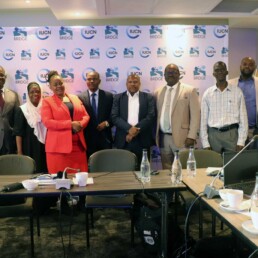
Stakeholder Participation
Integrated Water Resources Management (IWRM) is a holistic approach to managing water resources in a coordinated and sustainable manner.
IWRM emphasizes the involvement of all stakeholders in water management decision-making processes. This includes governments, water authorities, local communities, indigenous groups, NGOs, and private sector entities. Engaging stakeholders promotes transparency, inclusivity, and collective ownership of water resources management initiatives.
Water Allocation and Planning
IWRM promotes the development of water allocation plans that consider the needs of various sectors, such as agriculture, industry, domestic use, and the environment.
Balancing competing demands and ensuring sustainable water allocation is crucial for equitable access and long-term water resource management in the Ruvuma Basin. Protecting and managing these ecosystems through practices such as reforestation, wetland conservation, and sustainable land use can contribute to maintaining water availability and reducing sedimentation and pollution in the basin.
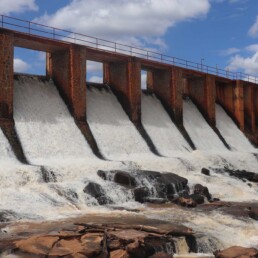
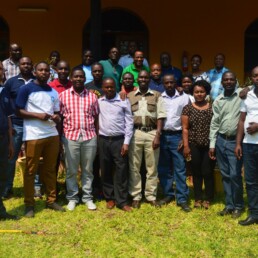
Transboundary Cooperation
The Ruvuma River Basin spans multiple countries, including Malawi, Mozambique, and Tanzania.
Effective IWRM requires collaboration and cooperation among these riparian nations. Developing mechanisms for transboundary dialogue, information sharing, and joint decision-making can address shared challenges and promote sustainable water management across borders.
Water Infrastructure and Efficiency
IWRM emphasizes the importance of optimizing existing water infrastructure and promoting efficient water use practices.
This includes investments in water storage, irrigation systems, water treatment facilities, and the adoption of water-saving technologies. Enhancing water use efficiency can contribute to water security, especially in times of scarcity.
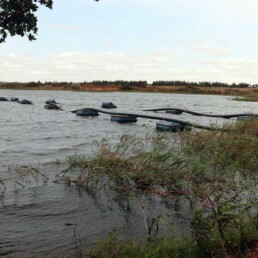
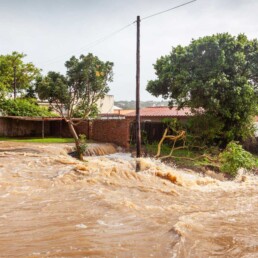
Climate Change Adaptation
IWRM integrates climate change adaptation into water resources planning and management.
This involves assessing climate risks, developing strategies to mitigate and adapt to climate impacts, and incorporating climate projections into long-term planning processes. Adapting to climate change ensures the basin’s resilience and the sustainability of water resources in the face of changing climatic conditions.
Data and Information Management
IWRM relies on accurate and up-to-date data for informed decision-making.
Establishing monitoring systems, collecting hydrological data, and sharing information among stakeholders enhances understanding of water availability, quality, and trends. Robust data management supports evidence-based planning and management in the Ruvuma Basin.
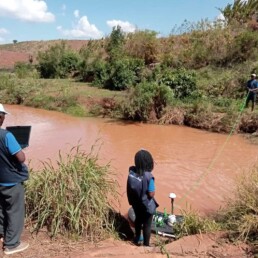
Resources
Lorem ipsum dolor sit amet, consectetur adipiscing elit, sed do eiusmod tempor incididunt ut labore et dolore magna aliqua.
